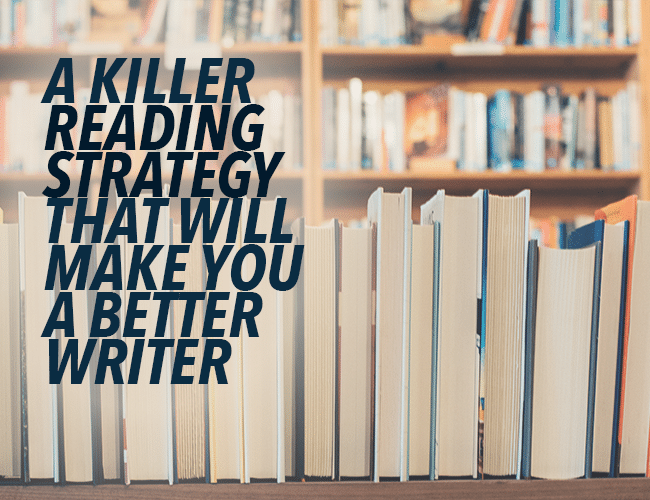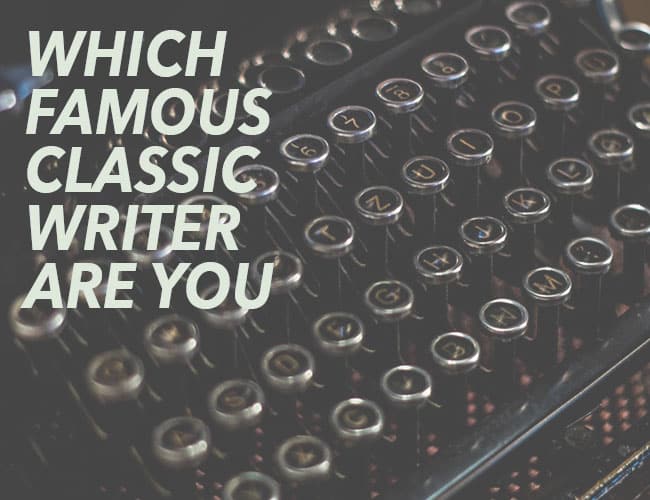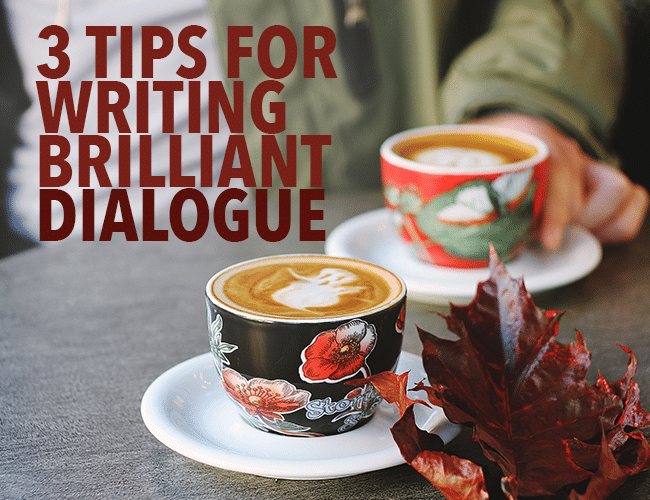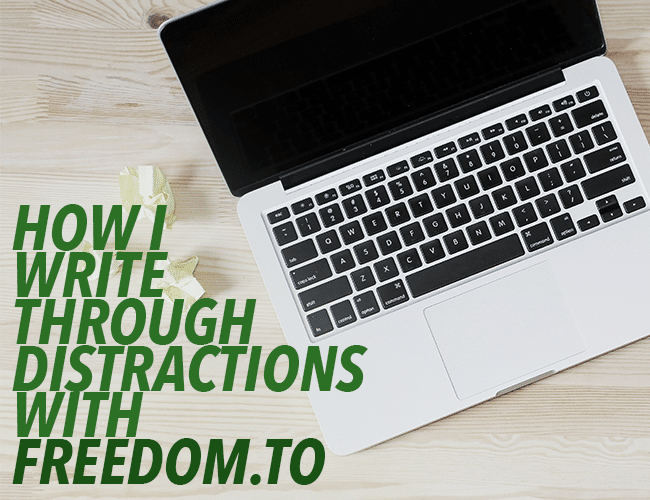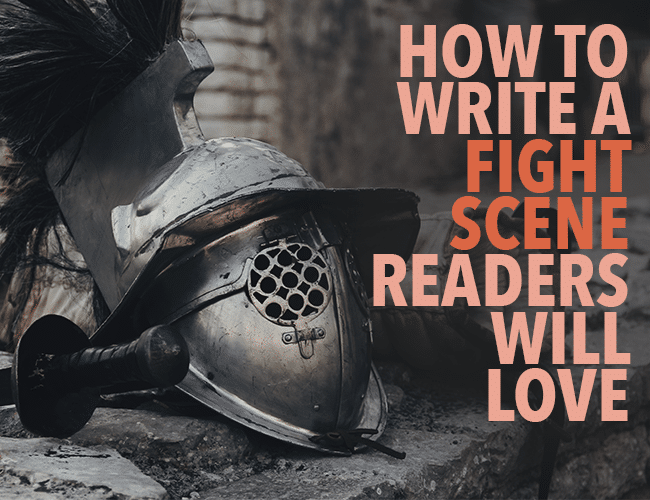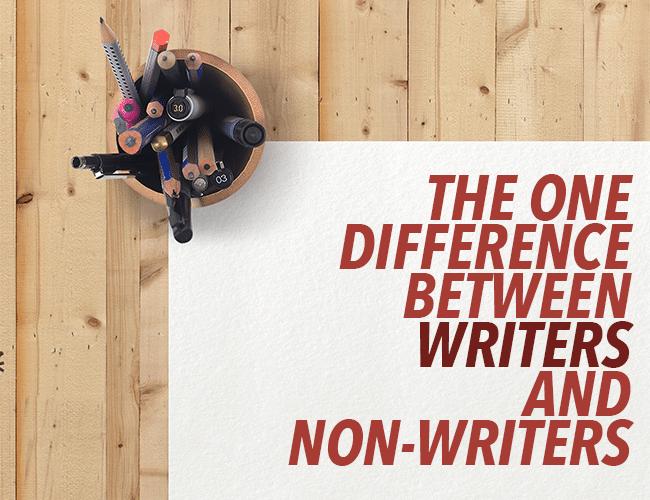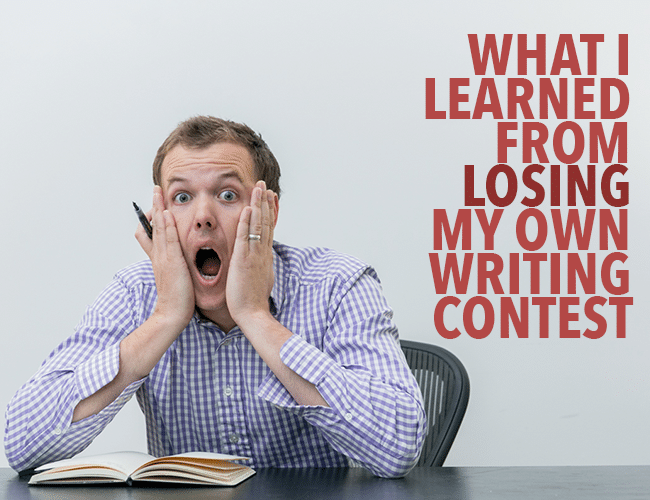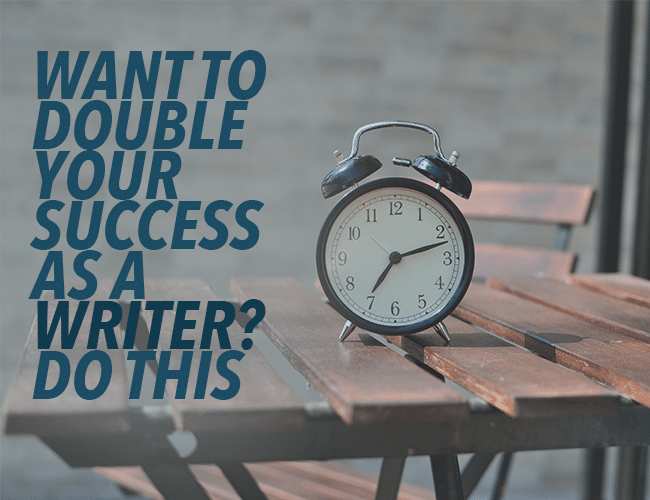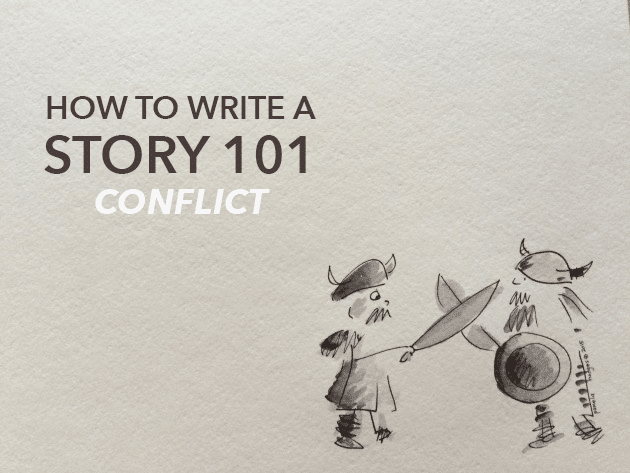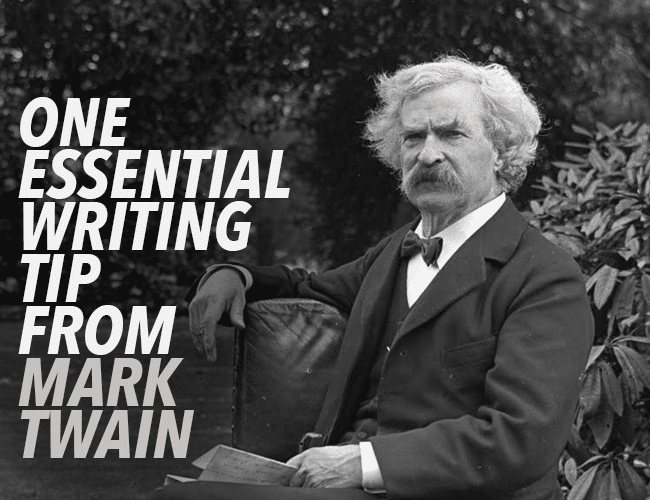In his classic memoir On Writing, Stephen King writes, “If you want to be a writer, you must do two things above all others: read a lot and write a lot.” The latter is, of course, what this blog is all about (writing a lot). But I’m convinced that most writers ignore the former: reading a lot. (Or at the very least, they don’t read thoughtfully.)
If you’re like most people, you bounce from book to book haphazardly. What you read from month to month and year to year is simply not something you carefully consider.
But if you call yourself a writer and your goal is to become a better one, you do yourself a great disservice by not reading voraciously and thoughtfully.
